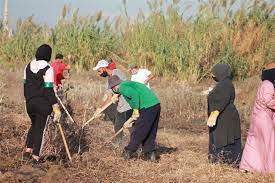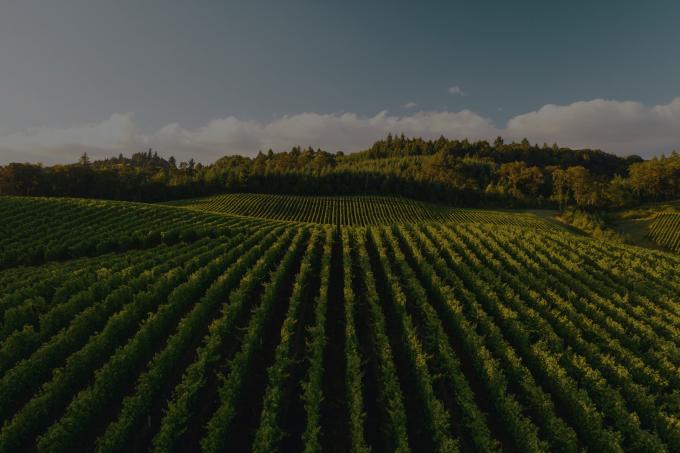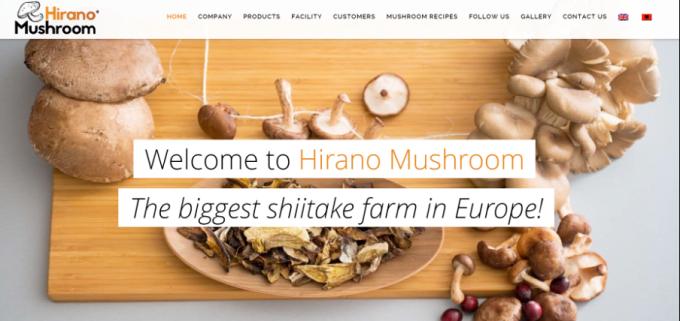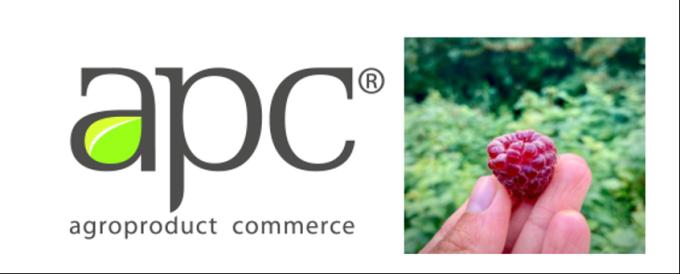GOOD PRACTICE
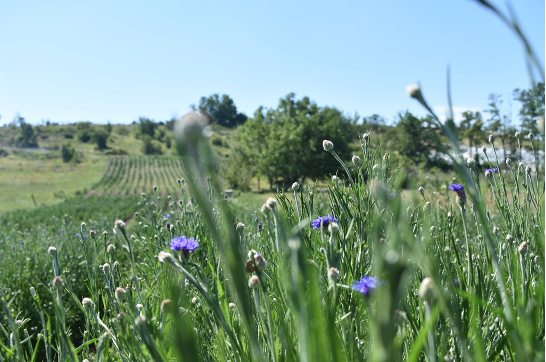
The Initiative for Agricultural Development of Kosovo (IADK) enhanced the Medicinal and Aromatic Plants (MHAP) sector by improving cultivation, processing, and export capacities. This initiative created employment, strengthened market linkages, and promoted organic certification through ad-hoc training targeting sector's needs. With 260 beneficiaries and 40 upgraded collection points, this practice improved income and sustainability while fostering Kosovo’s reputation in global MHAP markets.
You must be registered to see all the content
In Kosovo, supporting the value chain of Medicinal and Aromatic Plants (MHAP) has proven to be a catalyst for socio-economic development, particularly in rural areas. This initiative focuses on enhancing cultivation, processing, and export, creating employment opportunities for local communities, including women and marginalized groups. By fostering partnerships between farmers, cooperatives, and private sector stakeholders, the value chain ensures quality standards and market linkages for sustainable exports. Training programs and capacity-building efforts equip producers with knowledge of organic certification, modern cultivation techniques, and post-harvest management. These interventions not only boost income for rural households but also contribute to Kosovo's growing reputation as a reliable supplier of high-quality MHAP in international markets. This integrated approach demonstrates the potential of natural resource utilization for economic growth while preserving biodiversity and promoting sustainable agricultural practices.
The stakeholders have been engaged as follows:
- Conducted information sessions and capacity-building training.
- Provided grants to producers and collection points for equipment and infrastructure.
- Facilitated linkages between producers, collection points, and exporting companies.
- Supported organic certification and bookkeeping training.
The MHAP sector in Kosovo faces challenges related to:
- Inconsistent quality and quantity of products.
- Limited access to equipment, knowledge, and financial resources for small-scale producers.
- Lack of proper organic certification and inadequate documentation.
- Dependence on weather conditions for drying processes, leading to product spoilage.
- Limited market linkages between producers and exporters.
Transferability and Impact:
- The practice is replicable in regions with similar agricultural conditions.
- Detailed documentation ensures scalability and adaptability. Impact:
- 260 beneficiaries directly supported, with increased incomes of €1,500–€2,500 annually.
- 40 collection points improved infrastructure, generating higher revenue (€15,000–€30,000).
- Energy-efficient industrial dryers reduced costs and emissions.
- Enhanced capacity of farmers and collection points, resulting in higher-quality MHAP products for export.
Assess whether the practice is technically feasible and easy to learn and implement. Provide key recommendations for others interested in adopting the practice.









